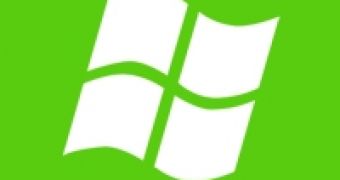For a minute, it appeared that Windows 8 would have a bit of extra competition in 2012 from newcomer webOS, a platform that Hewlett Packard was planning to ship on its TouchPad tablet, new smartphones as well as on every PC, pre-installed alongside Windows.
Now HP just announced that it’s not only killing all operations for webOS devices while also essentially shelving webOS, although the wording is more in the line of exploring strategic alternatives for the operating system, but that’s considering ditching its PC business altogether.
HP is the current king of the PC market, with shipments of 14.8 million units in the second quarter of this year, and 14.7 in Q1. Considering that it owns approximately 17.5% of the computer market, HP’s exit from the PC business, even if only a “rough draft” for the time being, is bound to have repercussions on Windows.
I sent over a few questions about the impact of HP’s move on Windows to Microsoft. I’m hoping for actual answers, not just a “no comment,” but I’ll provide an update either way.
Even without HP’s announcement I would have not placed a bet on webOS’ success. To put it simply, I never thought that the platform had a real chance to go against Windows, even if preinstalled on approximately over 60 million PCs and next generation form factors in 2012.
At least not as long as on the vast majority of devices webOS would ship in parallel with Windows, as HP’s plans intended.
Undoubtedly, there would have been a silent victory for webOS. Considering the number of PC units shipped by HP, webOS could have become runner up to Windows, install base-wise rather fast.
But despite the fact that the number of computers webOS would have been installed on would have been second only to Windows machines, I don’t see HP’s platform gaining sufficient traction with end users or building a momentum strong enough to propagate it to an usage share level where it would begin to erode Windows’ dominance on the OS market.
This is not to say that Windows 8 vs. webOS would have not been an epic battle, even if with a predictable outcome.
Competition inevitably ends up benefiting consumers, and the new webOS could have joined the current crowd of OSes, including OS X, iOS, Chrome OS, Linux, etc. challenging Windows, with end users standing to gain. But alas, it seems like it wasn’t meant to be.
But perhaps it’s not fair to talk about webOS in the past tense already. Maybe there’s still some fight left in this underdog even in the context of HP’s changed strategy for its PC business. Time will tell.

 14 DAY TRIAL //
14 DAY TRIAL //